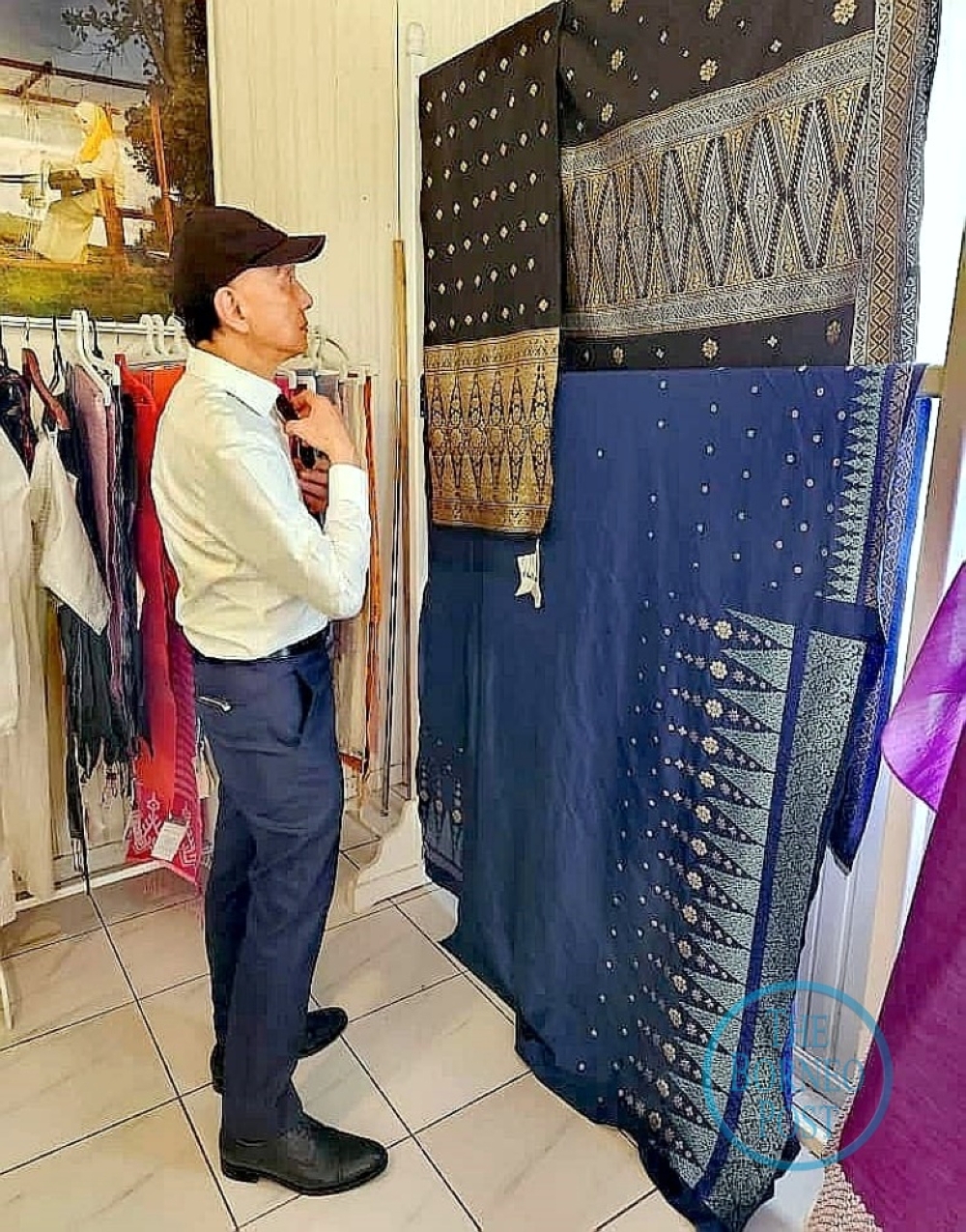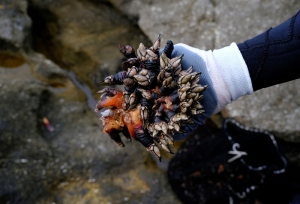- Home
- -
- News
How shoemaker Jimmy Choo blends tradition and vision to inspire future Malaysian fashion artisans
- admin
- 17 Nov, 2024
KUCHING, Nov 17 — Datuk Jimmy Choo, an icon renowned for high fashion and craftsmanship, recently found himself enjoying the quiet charms of Kuching.
Famous for his exquisite shoes that have graced the feet of celebrities and royalty alike, Choo’s journey from a shoemaker’s son in Penang to an internationally-acclaimed designer is a story of dedication, creativity and resilience.
However, as much as his name represents luxury, Choo’s focus has shifted in recent years.
At 75, he is now dedicated to passing down his knowledge and values to the next generation.
He takes his role as a mentor seriously, teaching not only the art of shoemaking, but also the importance of character and vision.
“If you’ve learned a craft from your parents and mentors, even studied abroad, it would be a waste not to pass it on,” he said during a recent interview with thesundaypost.
From humble beginnings to global renown
Born in Penang in 1948, Choo grew up watching his father at work in the family’s cobbler shop.
He had crafted his first pair by the age of 11, and not long after that, he set his sights on a larger stage.
In 1986, Choo opened his first store in London, and within two years, his designs appeared in an eight-page Vogue spread.
Soon after, his creations caught the eye of Princess Diana, cementing his status in the fashion world.
While his name has become a globally recognised luxury brand, Choo has taken a step back from the business side of the company to focus on teaching.
In 2021, he established the JCA London Fashion Academy to pass on his skills and insights to aspiring designers.
He also frequently visits the Centre of Technical Excellence (Centexs) in Sarawak to teach shoe design, reconnecting with his Malaysian roots while inspiring young talents.
More than just passing down craftsmanship
For Choo, teaching is not just about technique; it is also about instilling values.
“The most important things I teach to my students are not just the techniques and craftsmanship that I’ve learned, but also values,” he shared.
As a Malaysian Chinese, Choo believes that manners, integrity and humility are vital for personal and professional success.
These qualities are evident when he appears in person – Choo’s warmth and humility make him approachable and endearing, which go hand-in-hand with his hardworking nature.
Anyone who has spent time with him would be reminded of a typical ‘Chinese Uncle’ – grounded and genuine, always ready with advice, and a heartfelt smile.
At his academy, he strives to create an environment where students feel like family, encouraging them to support each other and develop as responsible, respectful individuals.
Choo also invites industry experts to speak at JCA, providing his students with networking opportunities and sometimes even job placements.
He believes that success is more than just having technical skills, as it is also about executing a vision with integrity and responsibility.
“Only speak of your plans after you’ve taken action. The biggest failure in business is to plan, but not execute,” he advised.
Additionally, his students at Centre of Technical Excellence (Centexs) in Kuching recently had the chance to see the industry first-hand through visits to shoe manufacturers and design hubs in places like Kuala Lumpur, Italy and London.
“Hopefully, when they succeed, they would create their own brands and contribute to Sarawak’s economy,” said Choo.

Discovering Kuching’s quiet appeal
Choo’s visit to Kuching offered tranquillity from his busy schedule and allowed him to enjoy the city’s calm and scenic landscape, a stark contrast to the fashion capitals he frequented.
“Kuching is a quiet and very peaceful place. Also, everything is affordable,” he said, adding that he hoped his visit would encourage more people to discover the city’s unique charms.
“Before I arrived at the Waterfront Hotel, I noticed Carpenter Street, with its blend of traditional shops and heritage architecture, and it reminded me of Penang’s old street.”
He also showed particular fondness for Sarawak’s iconic layered cake, ‘Kek Lapis’, which he took home as a souvenir.
Adding on, Choo hailed Kuching as having the potential to be a great tourist destination, and he was optimistic about Premier Datuk Patinggi Tan Sri Abang Johari Tun Openg’s plans to develop the state, particularly with regard to education projects and the new airport terminal.
“In the future, more people will want to come to Kuching to experience its artistry, culture and amazing food,” he said.
Lasting impact on local fashion scene
Although his work in fashion education is growing, Choo is focused on laying a stable foundation.
He currently has no plans to expand his courses beyond Centexs, and prefers to concentrate on one place at a time.
“Success requires a stable foundation; once you’ve succeeded in one region, only then you could consider expanding.”
Reflecting on Malaysia’s fashion industry, Choo expressed optimism especially for Kuala Lumpur (KL).
“Designers in KL are more alert of current trends and understand how to promote their work.
“Today, with skilled artisans being more accessible than when I began, I believe Malaysia is poised for growth in fashion,” he observed.
Choo added that the ability to create with his hands gave him a foundation of independence.
“When I started, no factory wanted to take small orders, but learning shoemaking skills from my father gave me freedom,” he said, adding that mastering a craft could give designers the freedom to explore creative ideas without depending on others.
Through his academy, he also hoped to inspire a new wave of designers to carry on his legacy, not just in craftsmanship, but in character as well. — The Borneo Post


